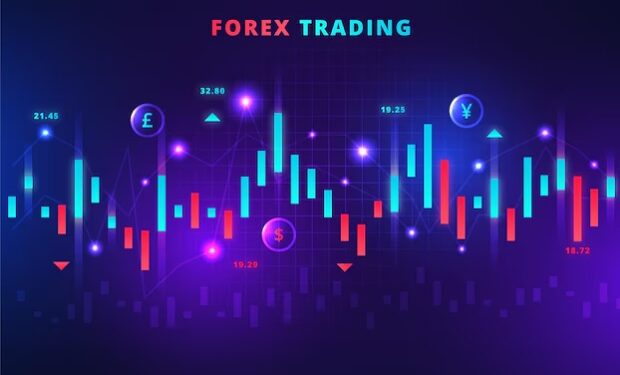The threat of climate change is closer than people might think. Today, it is an active and growing power that is changing the financial markets as they happen. Before, many investors ignored climate change and extreme weather, but their approach has shifted to recognize these as important for their portfolios. Because of this, currency markets are being transformed. FX Trading strategies are being updated mainly to help handle risks that come with new financial developments.
Financial impact from climate events goes directly to the currency market. Floods, droughts and fires may destroy roads, buildings, railways, cause delays in transport and affect people’s trust in a country’s finances. When a country goes through many climate-related issues, its currency shows signs of stress. Those who neglect these signs could fall victim to unexpected changes that break the old patterns. The traditional ways of using inflation, interest rates and GDP growth do not give us a complete picture if they do not include consideration of the environment.
This happens most often in emerging markets. Those nations that depend on resources heavily or are not prepared for climate change can become more unstable. Investors are now playing it safe and checking their exposure based on the economy and also the level of climate risk. The warning is now reflected in all the company’s pricing, estimates for market swings and sizing of positions. As a consequence, modern markets favor familiarity with change rather than sticking to tradition.
Climate information is being added to improvements in algorithmic models. Trading methods are now using information about climate change, predicted storms and policies for green energy rather than just big economic signs. Such tools are made to learn what effects climate-related events have on currency fluctuations. A noticeable heatwave or energy shortage can now trigger a trading signal just like a sudden policy announcement from the Fed. Instead of just rushing to profit during times of rising prices, businesses now want to anticipate the risks that may arise.
For any Forex broker, these changes in the market call for more than just reduced spreads and speedy executions. What clients want are valuable insights about their businesses. They are interested in how climate change issues in Southeast Asia or parts of South America might lead to changes in exchange rates within the quarter ahead. Brokers are expected to analyze the environment sector as well as the financial sector. More and more, being open and educating people about finance are main points of this industry’s service.
The way people invest is now being guided by sustainability. ESG-based funds are becoming popular and are offered in more places than just stocks and bonds. They take account of both the source of capital and the source of profits. When a country is working hard on green energy or climate adaptation, its currency can still find backing even through uncertain situations.
It is happening together with other changes. In finance, risk is being looked at in a whole new way as part of a growing trend. A part of society that was previously removed has become part of society’s core. Climate is not only something setting the scene; it is more important than that. It influences the way the market works. There are new challenges, so FX Trading strategies must evolve as well. Remaining oblivious to climate issues is like ignoring facts and today’s fast-moving market won’t let anyone ignore these risks for long.






